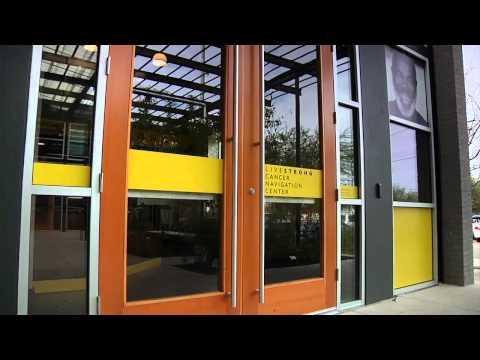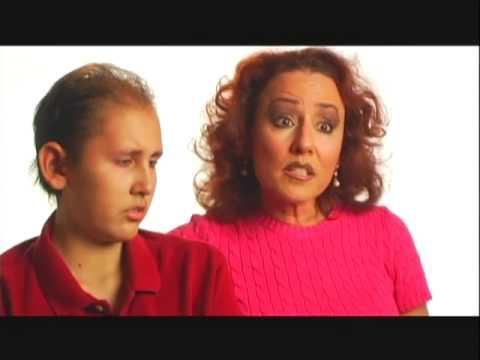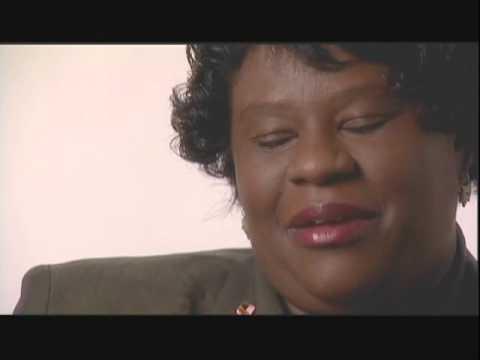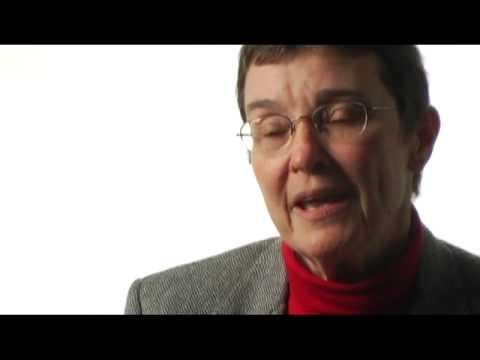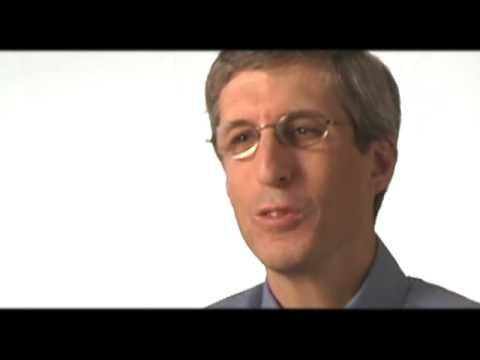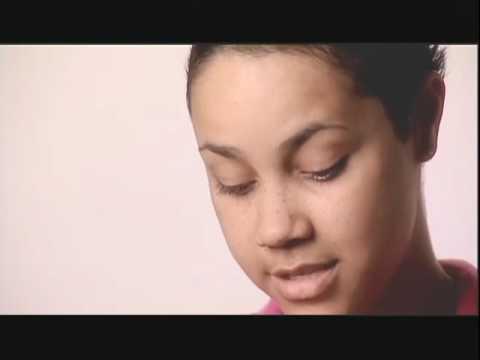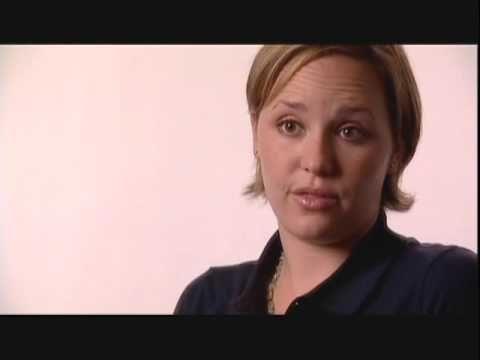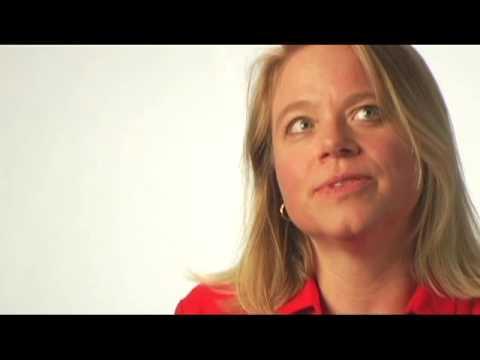Lori M.
I became a survivor September 18, 2001 when I was diagnosed with Stage 4 lung cancer.
When I was diagnosed with Stage 4 lung cancer, I considered myself very healthy. I had gone in for a hysterectomy. They did a chest x-ray for the surgery and came back saying I had some infiltrates in my lung. They gave me some IV antibiotics, and we followed it up two weeks post-op from the hysterectomy. When the infiltrates hadn’t cleared, we went on with the bronc. When the bronc came back that I had cancer cells, it was a complete shock. Nobody expected lung cancer. I didn’t have any symptoms for lung cancer at all. I wasn’t short of breath. I didn’t have a cough. I didn’t feel bad. At first, they told me I had cancer in the cervical spine, clavicles, lymph nodes around my neck, lymph nodes around my aorta, my adrenal glands and liver, and that there was really very little that anybody could do. They gave me six to eight months. I got online, started searching about lung cancer and sending off emails to physicians all across the country saying, “I am 42 years old. This is what’s going on. This is what I’ve been told. Who do you suggest I go see?” From there, a lot of the replies came back to go to Vanderbilt. That’s when I made an appointment to come to Vanderbilt.
When I came to Vanderbilt, they repeated all the scans. They weren’t sure that the cancer was as advanced as I was first told, but they still thought it was Stage 4. I agreed to do a thoracoscopy procedure. The cancer was in the right lung and was Stage 4. A week after having the right thoracoscopy, we did the left lower lobectomy. I took two months and recovered from the surgery. That’s when I met David Carbone. My first two oncologists weren’t very hopeful. Both of them said that there really wasn’t an option for surgery. They both told me to do chemotherapy, take my six months and that was it. When I met David Carbone, he told me that there wasn’t a cure for the kind of cancer I had. But we would try and keep it from metastasizing for the next twenty years. I said, “I can live with that.” It was nice to be able to have hope while the doctors were still in the room, and that’s what I felt like David Carbone gave me.
After that, I did a year of chemotherapy. It was Taxol-Carboplatin, an experimental drug. I did very well on that. It remained stable the entire time. In October of that next year, the drug company that was supplying the EGF thought that maybe the cancer was starting to grow again, and they didn’t want to continue giving me the drug. So I got frantic. I started calling their medical director and found out that the half-life of this drug was only three to four days, and without the drug, it would start to grow again. David Carbone never felt like the cancer was growing. He thought that it was stable. We did rereads on the CT scans. He continued to feel that the scans were stable, but the company thought they were growing. It ended up taking eight weeks of going back and forth before they finally said, “Okay, you can go back on your EGF.” But by this time, I had gotten too panicked and called some other surgeons around the country, one of them being Valerie Rusch. She asked me to send her my scans and said, “If your surgeon will do it, do another surgery and get it taken out,” which is what we did. We did another thoracotomy, this time on the right side, in December of 2002. I was cancer free and had no evidence of disease for sixteen months until last April. I had another recurrence of the cancer. This time it was in the left upper lobe. I couldn’t find a clinical trial that really fit my cancer, so we did another surgery. This would be the fourth lung surgery.
Your care with clinical trials is somewhat better than it would be if you were just seeing a general oncologist and getting standard care. For me, clinical trials were a very positive experience. They watch you so close. Everything is monitored. Some of your medications are even paid for through the clinical trial. You get a nurse practitioner who monitors everything and is there for every little call that you could make. When I was first diagnosed, I was very surprised at the number of doctors who advised me not to go on a clinical trial. They said, “They’ll make a guinea pig out of you,” or “Don’t let them try to do this to you.” But for me, standard care wasn’t very promising. Chemotherapy in lung cancer only works in six percent of the population. I figured the drugs they already had approved weren’t very effective. I might as well try some that hadn’t been approved yet and thought my results would be better. I took an Epidermal Growth Factor inhibitor. For lung cancer, that’s working very well. Most of the clinical trials right now use some form of an Epidermal Growth Factor inhibitor.
The surgery to my lungs has taken a good bit of lung tissue out. On my left lung, I probably have 40% of that lung left. On the right lung, I have maybe 80% of that lung left. Thoracotomy surgeries are very, very difficult. They’re painful, but they’re also short-term, in terms of the treatment of cancer. You recover from the surgery, you recover from the pain. You don’t always recover from cancer. I don’t feel short of breath when I’m just doing routine things. If I’m hiking in the mountains, I do. After my first two surgeries, I went to Colorado and went snow skiing while on chemo, partly to prove that I could still do it. After my fourth thoracotomy, when I got out of the hospital, I stayed home two weeks. Then I went back to Colorado and still was able to get up to 14,000 feet. I was short of breath climbing uphill, but I did it. I still can do it.
There are 174,000 people being diagnosed with lung cancer every year. I feel like they probably have the same feelings that I did on the onset; that it’s a hopeless situation. Talking to them and letting them know that it’s not necessarily a death sentence is very important. It’s a way to give back to the people that did it for me. I think that we have very few advocates for lung cancer, partly because we have very few survivors of lung cancer. There’s a negative stigma attached to lung cancer, that somehow the patients have caused their own illness. Every time I tell somebody that I have lung cancer, they want to know, “Did you smoke? Did you cause your own disease? Did you get what you deserved?” What I have read on lung cancer is that many patients don’t even seek treatment, because they feel that they did cause their own disease. They smoked and they got what they deserved. So they don’t ask for help or they don’t even seek treatment. I often wonder if we could change our statistics, if patients would seek better treatments, if they would demand better treatments. But a lot of them feel shame and guilt about having lung cancer.
You have to surround cancer with three different things. One of them is the medical community and what medicine can actually do for you. The doctors, surgery, chemotherapy, radiation. Whatever they can throw at me, I want to be able to do, and I want to use them to the full extent. If I need to get second opinions, if I need to go somewhere else for treatment, if I need to advocate for my own treatment, then I will. I plan to take full advantage of them. Second, I don’t think that you can rely solely on the doctors. You have to also see what you can do for yourself. That includes eating right, getting adequate rest, getting exercise, and actually taking care of yourself. You have to build your strength up. You have to increase your own immunities. You have to make yourself as strong as you can, so your body can fight the cancer. The third thing is your faith in God and power of prayer. That has to equally be a part of your treatment. There’s no statistic on what the power of prayer can do. There’s no way to describe what faith in God will do for your spirit to keep you fighting. That has to be an equal part of the other two. If you surround the cancer with those three things, then I think that your chances of fighting it are much better. It was heartbreaking and beautiful at the same time to watch what faith has done for my children’s lives and how they have grown, how they have matured and how their faith has strengthened through all of this. They’re awesome girls.
I’m Lori Monroe. I’m 45, and I’m a three-year cancer survivor.
